The other day I was pondering Google’s new AI Overviews – these snazzy summaries popping up in search results.
They’re slick I’ll give them that spitting out concise answers to complicated questions.
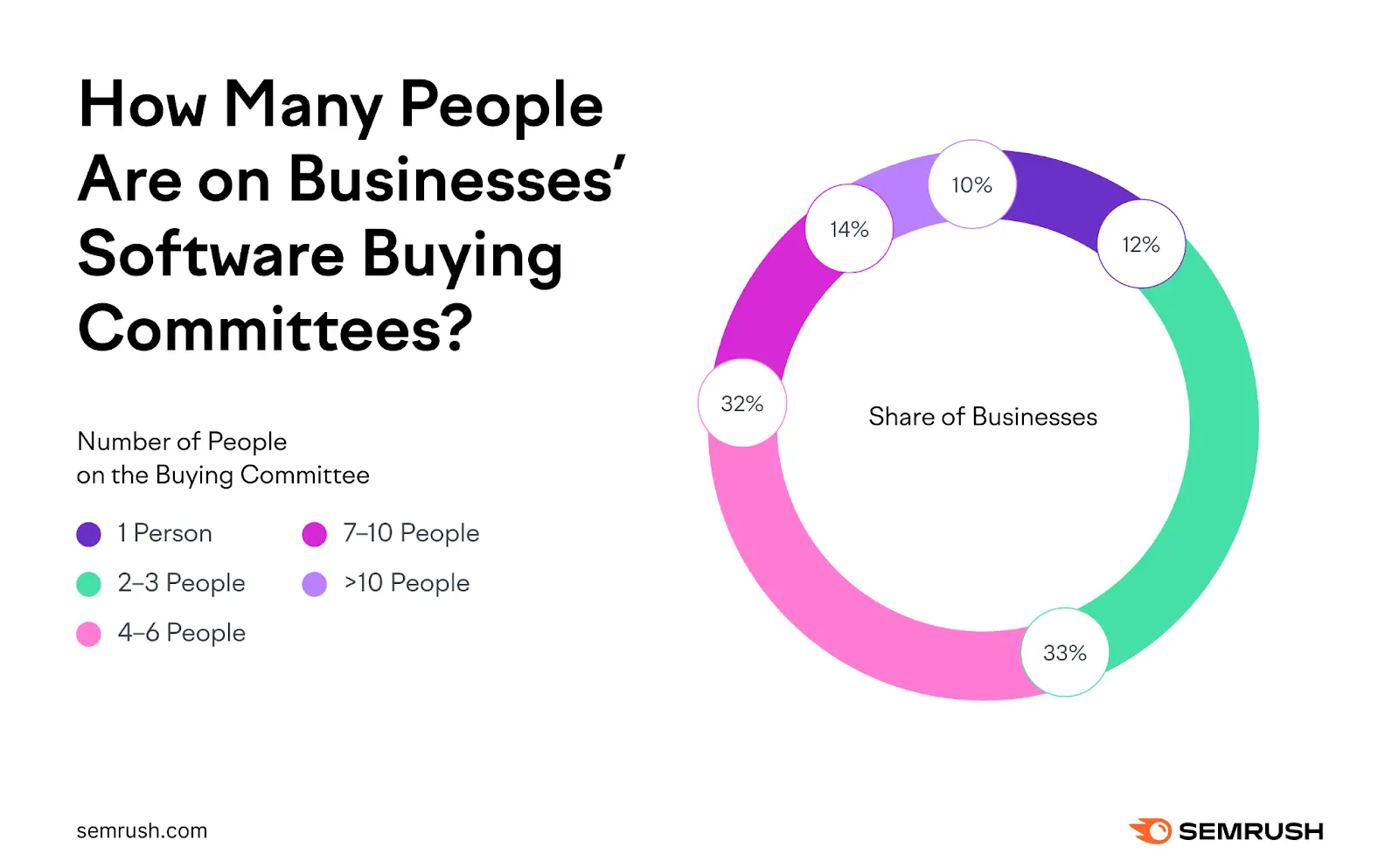
Feels like having a hyper-efficient research assistant right? But honestly my initial reaction was a mix of fascination and a touch of… unease.
This ain’t just another algorithm tweak; it feels like a seismic shift in how we interact with information and that’s got me thinking.


The Promise and Peril of AI Overviews: A Deep Dive
These AI Overviews previously known as the Search Generative Experience (SGE) are designed to be a must. They grab info from multiple sources and whip up a neat summary right there on the search results page. Brilliant for quick answers right? But picture this: you’re a small business owner crafting painstakingly detailed blog posts and suddenly Google’s serving up a summary that essentially replaces your content. Where’s the incentive to keep creating? That’s the million-dollar question or rather the billion-dollar question Google needs to answer.
The Impact on Content Creators: A Looming Threat?
This is the elephant in the room isn’t it? Google’s AI Overviews could significantly impact the livelihoods of countless content creators.
If people are getting their answers directly from Google who’s clicking through to the original sources? Less traffic means less revenue for websites blogs and publications potentially leading to a decline in quality content and a less diverse online landscape.
It’s not just about the money; it’s about the passion the hours spent researching and writing the personal touch that’s often lost in algorithmic summaries.
We’re talkin’ about the very fabric of the internet here folks.

This isn’t some abstract philosophical debate; this is impacting real people’s livelihoods.
The other side of this coin however is the sheer convenience these summaries offer.
Think about researchers students and professionals who need quick access to reliable information.
These overviews could be a lifesaver saving them valuable time and effort.

The trick it seems lies in finding a balance—a way to reward content creators while offering users a streamlined efficient search experience.

It’s a tightrope walk and one Google needs to navigate carefully to avoid a catastrophic fall.
Monetization Mayhem: Google’s Tightrope Walk
Google’s entire business model revolves around advertising revenue and this shift towards providing direct answers could drastically impact that.
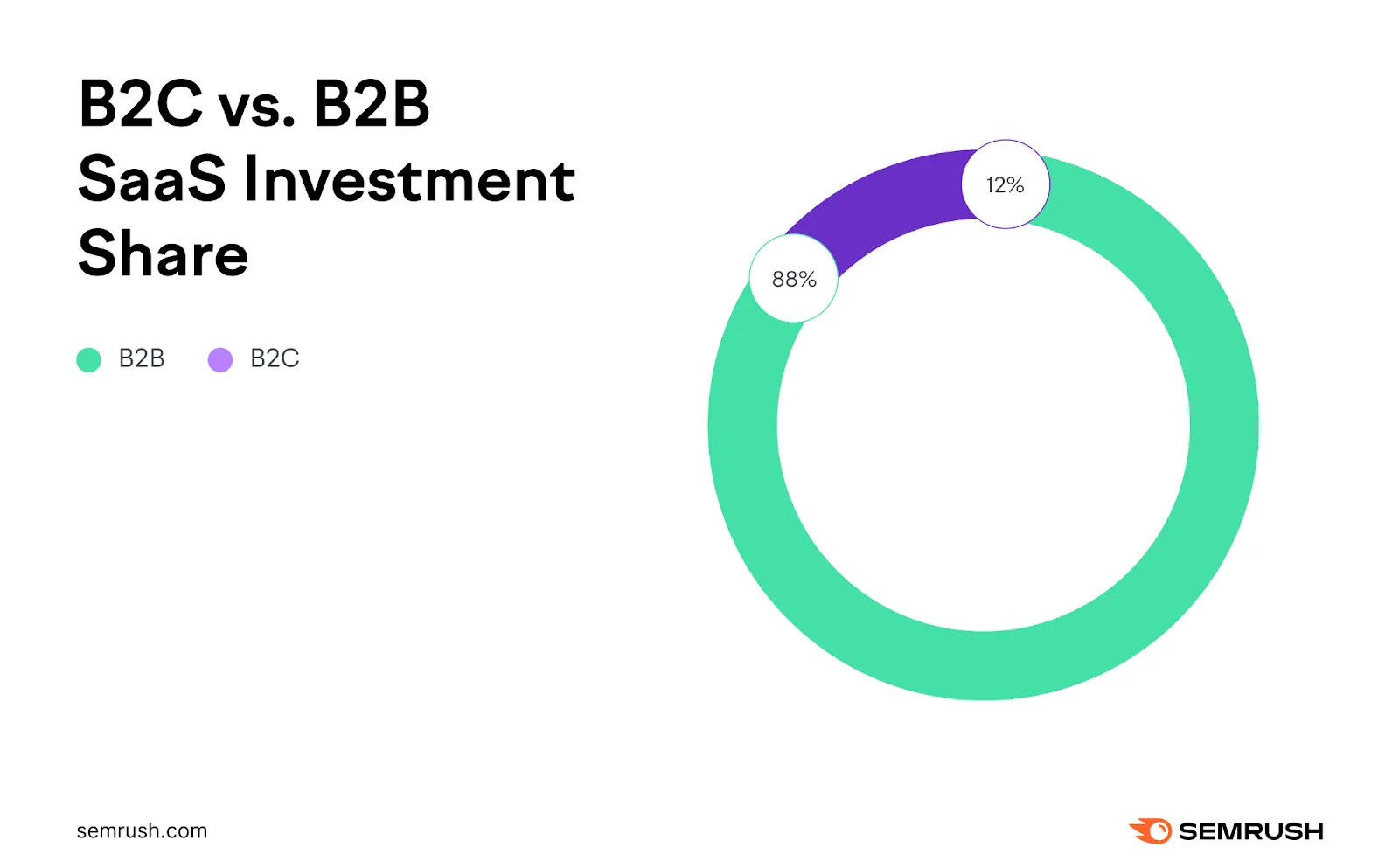
If users aren’t clicking through to websites where are the ad clicks going to come from? Google’s obviously aware of this and I suspect they have some clever strategies up their sleeves.
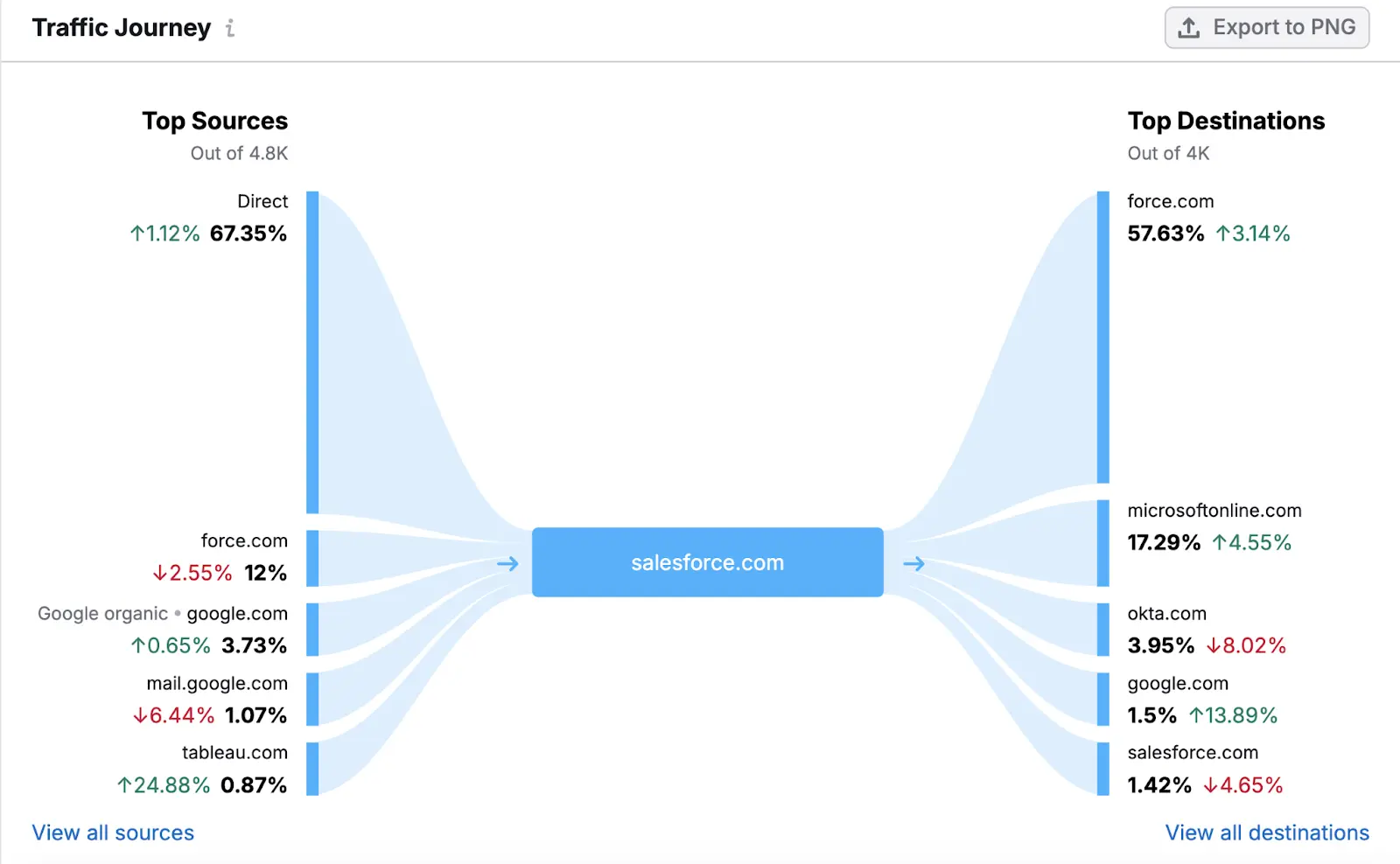
Perhaps a revised ad model that incorporates these overviews or maybe a new way to monetize the information itself – perhaps micro-payments to original content creators whose work is featured in the summaries.
There are a lot of things to explore and develop.
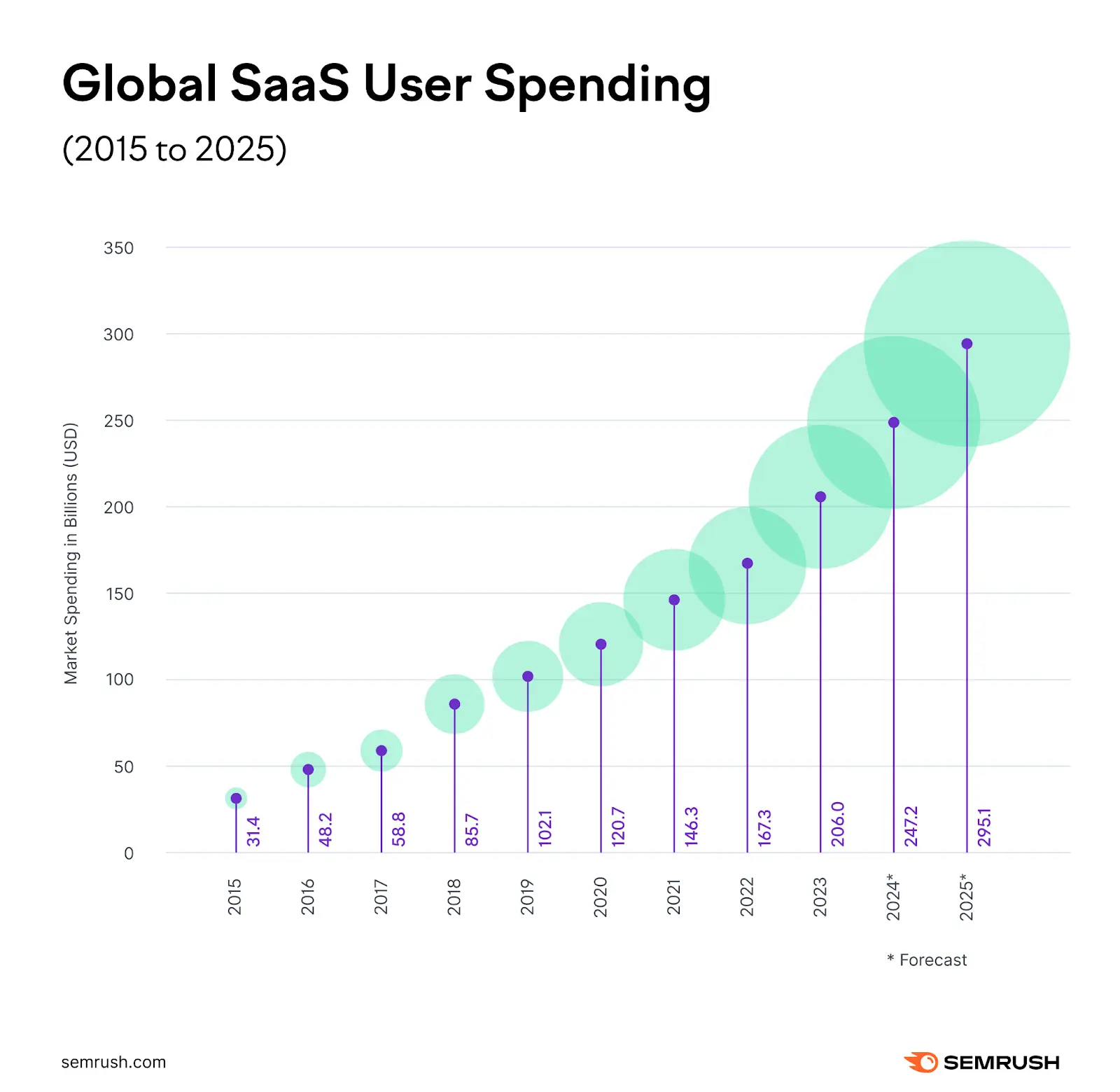
The Future of Advertising in the Age of AI: Reimagining Revenue Streams
The traditional ad-based model might need a serious overhaul.
Think about it: if Google is already giving users the information they need why bother clicking through to another website filled with ads? This necessitates a re-evaluation of how advertising works within the context of AI-driven search.
Perhaps more subtle integrated ads within the summaries themselves? Maybe a pay-per-view model for more in-depth information? The possibilities are endless but the challenge lies in finding a model that’s both effective and doesn’t feel intrusive or exploitative.
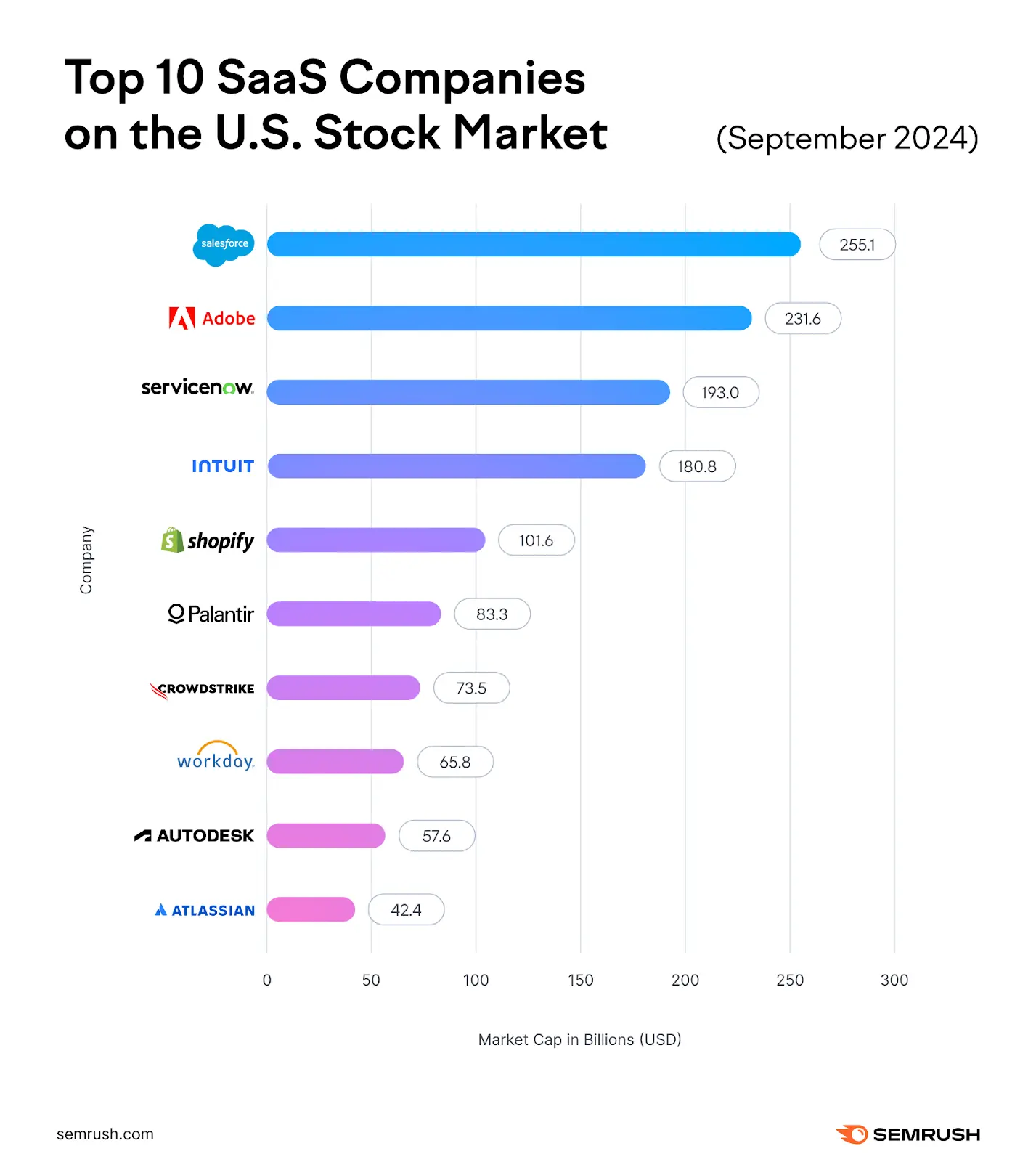

We’ve all been bombarded with invasive ads and that’s not the path to success here.
This isn’t simply a case of “adapting” to change; it’s about fundamentally rethinking the relationship between search engines content creators and users.
Whoa, that was a rollercoaster of a read! Feeling overwhelmed by Google’s AI Overviews? 🤔 You’re not alone! Want to dive deeper into the potential impact on content creators and the future of search? Let’s discuss this further and explore potential solutions! 🚀
The current system is already strained; these changes could either break it entirely or forge a new more sustainable future.
This shift is likely to change many industries profoundly.
Information Diversity: The Risk of a Monolithic Search
Imagine a world where most of our information comes from one source.
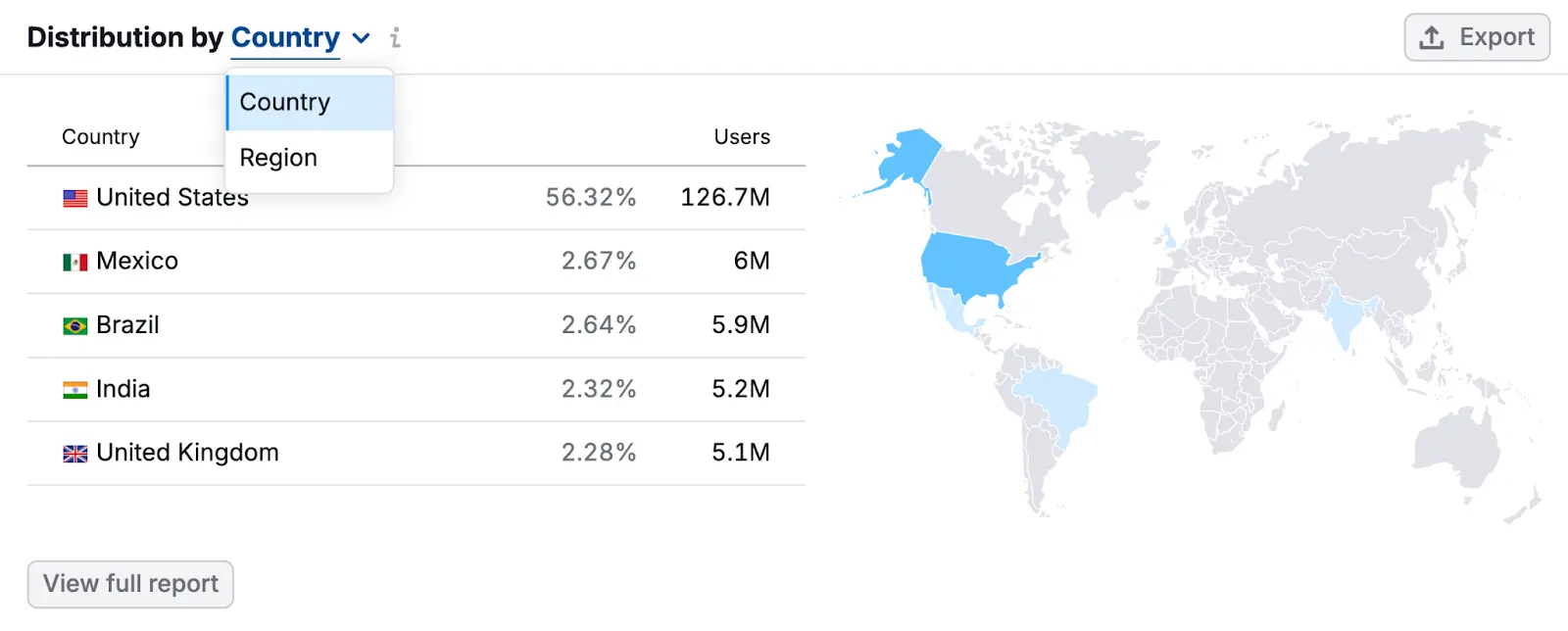
Whoa, that was a rollercoaster of a read! Feeling overwhelmed by Google’s AI Overviews? 🤔 You’re not alone! Want to dive deeper into the potential impact on content creators and the future of search? Let’s discuss this further and explore potential solutions! 🚀
Sounds a bit dystopian doesn’t it? Google’s AI Overviews while incredibly useful run the risk of consolidating information potentially silencing diverse voices and perspectives.
It’s easy to get sucked into Google’s ecosystem relying solely on their summaries without exploring the wider web.
This centralization of information isn’t just about convenience; it’s about maintaining a vibrant free-flowing exchange of ideas.
The Importance of Maintaining a Diverse Information Ecosystem
The internet is at its best when it’s a bustling marketplace of ideas a cacophony of voices from all corners of the globe.
If Google’s AI Overviews become the primary source of information for most users we run the risk of losing this vibrant diversity.

We need to encourage a system that promotes multiple viewpoints challenges dominant narratives and ensures that diverse voices are not drowned out by algorithmic summaries.
This isn’t just a matter of fairness; it’s essential for a healthy democratic society.
The future of online information depends on this and we need to protect that at all costs.
This concern extends beyond simple fairness.
A diverse information landscape is crucial for innovation critical thinking and the overall advancement of knowledge.
If we’re only exposed to a narrow range of perspectives we lose the opportunity for genuine intellectual progress.
Check our top articles on Are Google’s new AI Overviews the future of search?
A vibrant and varied internet one where small independent voices can thrive is paramount.
The Ethical Tightrope: Accuracy Bias and Privacy
Let’s be honest: AI isn’t perfect.
These AI Overviews while impressive are prone to errors and biases.
They’re learning machines still under development and susceptible to making mistakes—sometimes significant ones.
The potential for misinformation unintentional or otherwise is a serious concern.
Google needs to be extraordinarily transparent about the limitations of its AI ensuring that users are aware of the potential for inaccuracies.
And they need to proactively address any biases that might creep into these summaries.
Navigating the Ethical Minefield of AI: Transparency and Accountability
The ethical implications of AI are vast and complex and Google needs to tread carefully.
Transparency is key; users deserve to understand how these summaries are generated what data is used and what limitations they might have.
Whoa, that was a rollercoaster of a read! Feeling overwhelmed by Google’s AI Overviews? 🤔 You’re not alone! Want to dive deeper into the potential impact on content creators and the future of search? Let’s discuss this further and explore potential solutions! 🚀
Accountability is also vital; Google needs to have systems in place to address inaccuracies biases and any potential harm caused by its AI.
This isn’t just about avoiding lawsuits; it’s about building trust and ensuring that AI is used responsibly.
These are critical concerns that will not go away and it’s important that Google continues to address them proactively.
It’s a matter of ethics consumer trust and the overall well-being of online interactions.
Transparency and accountability are not just buzzwords but fundamental pillars of a successful and trustworthy AI system.
The Road Ahead: Collaboration and Regulation
The future of search is undeniably intertwined with AI and it’s a future that requires collaboration not conflict.
Google content creators regulators and users need to work together to create a sustainable ecosystem where AI enhances our lives without compromising the integrity of information or the livelihoods of those who create it.
This means open dialogue constructive criticism and a willingness to adapt and evolve as AI technology continues to advance.
Shaping the Future of Search: A Collaborative Approach
This isn’t a battle; it’s a shared challenge.
Google holds immense power but they can’t solve this alone.
They need to actively engage with content creators seeking input and finding ways to fairly compensate them for their contributions.
Regulators have a role to play ensuring that AI is used responsibly and ethically without stifling innovation.
And users? We need to be informed consumers critical thinkers and active participants in shaping the future of search.
We’re at a crossroads folks and the path we choose will determine the future of the internet.
It’s a complex issue one that demands careful consideration and a collaborative approach.
The potential benefits are enormous but we need to navigate this carefully to avoid unintended consequences.
In short Google’s AI Overviews are a fascinating development a glimpse into a future where information access is faster and more convenient.
But this convenience comes with responsibilities – responsibilities that extend far beyond Google itself.
It’s a future that requires careful consideration open dialogue and a commitment to ethical AI development.
Let’s hope Google along with all of us gets it right.
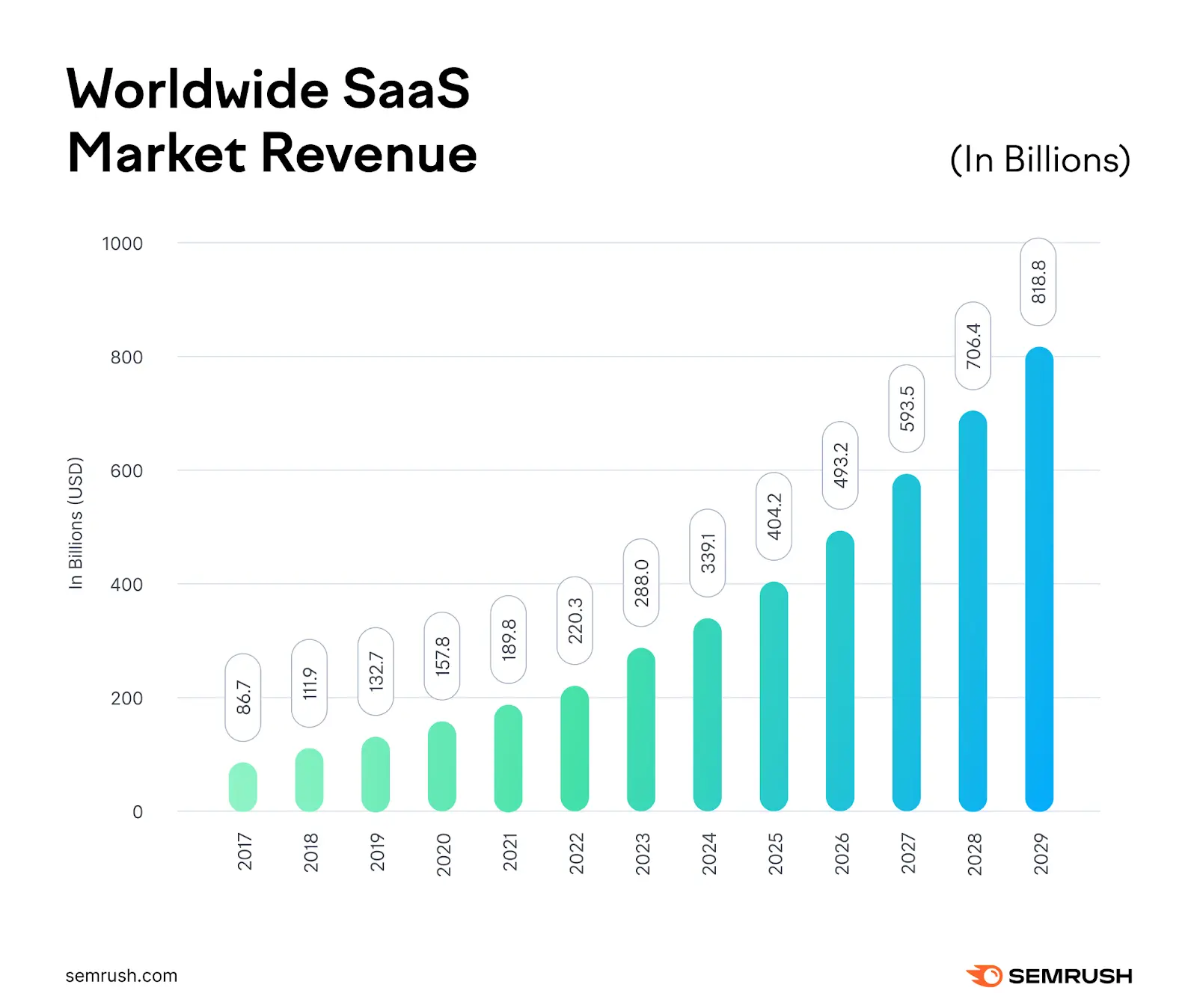
Because the future of how we find process and use information is at stake.
And that my friends is a pretty big deal.

